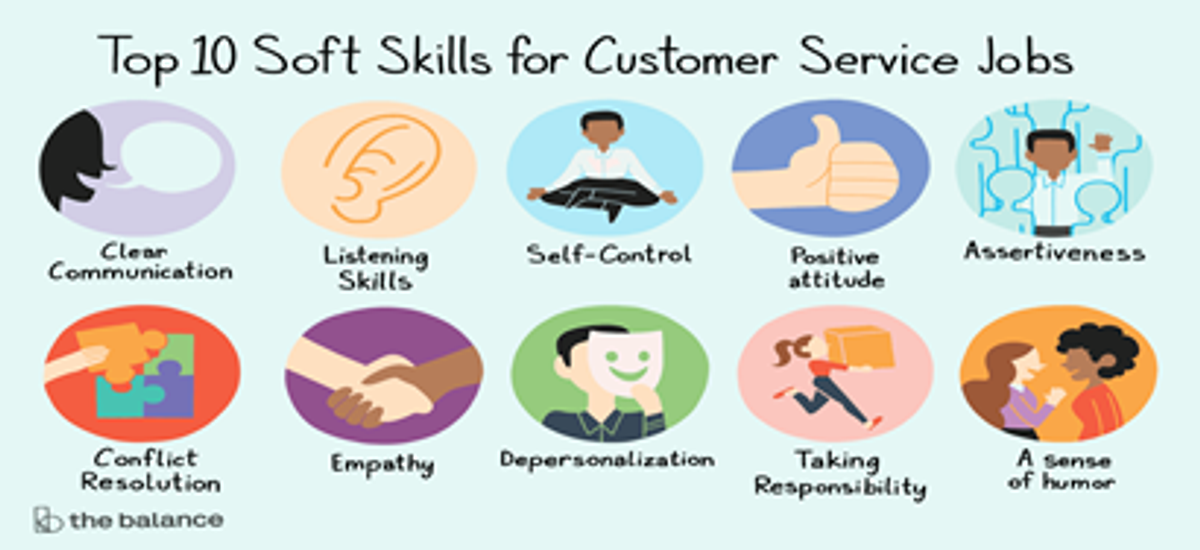Careers News

Being Prepared for the World of Work
With the approaching end to the year, senior students are preparing for further study, training and employment. At some stage, all students become active participants in the world of work. There are some important things to keep in mind.
What is important to Employers?
Whether you are straight out of school, university or TAFE, you will possibly not have the required experience for jobs you see advertised, don’t let the lack of experience deter you from applying. Many employers consider passion and a good attitude of a candidate as important prerequisites.
While prior experience is beneficial because employers will not have to spend time or money on training, if however, a candidate can demonstrate a can-do attitude, ambition and a willingness to learn new things, these attributes will put a candidate in good stead when applying for positions. Along with the usual work-related skills, reliability, self -motivation, teamwork, communication and perseverance will be highly regarded by employers. Employers are often looking for a personality fit that sits well in their organisation, so personal skills are also extremely important.
The importance of an effective resume
The purpose of a resume is to communicate to employers the relevant skills and the experience you have to offer in a brief summary.
A well-structured and persuasive resume is important for a number of reasons:
- Gives the employer a snapshot of your skills and experience in a brief and easy-to-read document
- Showcases the benefits you can offer that company
- Gives you the opportunity to capture the employer’s attention
- Allows you to justify why you are the perfect candidate for the role
Best practice is to keep it short and sweet – normally one to two pages maximum.
In terms of elements that make up a great resume, there are six key elements you must address.
- Your Name and contact information: Include your mobile, email and LinkedIn account and a personal portfolio if you have one
- Your personal profile: 3 or 4 sentences about you, your soft skills and why you would be ideal for the position
- Your skills: Bullet point and choose soft skills that are relevant to you and the position Research to find the soft skills that pertain to you.
- Education: Include awards and achievements
- Your Experience: Include any voluntary positions
- References: Always check with your referees that they are willing to give you a reference and advise them of the position that you are applying for so they can speak to the job description and how your skills relate.
Things to avoid using on a resume:
- Messy or poorly written resumes that make it difficult to understand or read
- Headshots
- Marital status, religion, nationality, age and birthdate (these can provide grounds for discrimination)
- Experience, roles, or skills that are irrelevant to the role you are applying for
- Grammatical errors and spelling mistakes
- Generic resumes and cover letters that are not specific to the role
- Unprofessional email addresses
- Resumes longer than 2 pages
- Cover letters longer than 1 page
Donna McKinlay
Careers
Please view the following pdf to see Important Dates for Year 12 Students regarding results and tertiary applications.
Latest DSC Career News
Vanessa Ramsay
Career Development Coordinator



